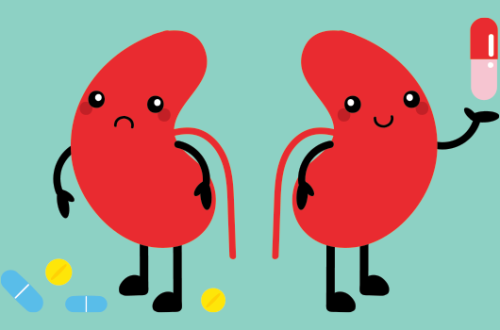Introduction
A cancer diagnosis impacts not only the physical body but also the emotional and psychological well-being of patients and their families. The journey through cancer treatment can be overwhelming, marked by fear, uncertainty, stress, and sometimes isolation. Emotional support is essential to help patients and loved ones cope, build resilience, and maintain quality of life.
This article explores the importance of emotional support, common emotional challenges faced during cancer, and a variety of resources available to patients and families.
Why Emotional Support Matters in Cancer Care
- Reduces anxiety and depression: Emotional support helps manage feelings of sadness, fear, and anxiety.
- Improves treatment adherence: Patients with strong support systems are more likely to follow treatment plans.
- Enhances coping skills: Support provides tools to handle stress and uncertainty.
- Strengthens relationships: Sharing feelings fosters connection and understanding.
- Promotes overall well-being: Mental health is closely linked to physical health outcomes.
Common Emotional Challenges in Cancer
- Shock and disbelief: Difficulty accepting the diagnosis.
- Fear of death and uncertainty about the future.
- Depression and sadness.
- Anger and frustration.
- Guilt or feeling like a burden.
- Isolation and loneliness.
- Stress related to financial and caregiving responsibilities.
Types of Emotional Support
1. Professional Counseling and Therapy
- Psychologists, social workers, and counselors specializing in oncology provide individual or group therapy.
- Cognitive-behavioral therapy (CBT), mindfulness-based stress reduction, and supportive counseling are common approaches.
- Helps with anxiety, depression, trauma, and adjustment issues.
2. Support Groups
- Peer-led or professionally facilitated groups where patients and caregivers share experiences.
- Offer emotional validation, practical advice, and a sense of community.
- Available in-person and online.
3. Family and Friends
- Loved ones provide day-to-day emotional comfort and practical help.
- Encouraging open communication strengthens these bonds.
4. Spiritual and Religious Support
- Chaplains, clergy, or spiritual counselors offer comfort aligned with personal beliefs.
- Spirituality can provide hope, meaning, and peace.
5. Online Communities and Resources
- Forums, social media groups, and dedicated websites offer 24/7 support.
- Useful for those with limited access to in-person resources.
Where to Find Emotional Support Resources
Hospitals and Cancer Centers
- Most comprehensive cancer centers offer psychosocial services.
- Oncology social workers and patient navigators assist in accessing support.
Nonprofit Organizations
- American Cancer Society (ACS)
- CancerCare
- National Cancer Institute (NCI)
- Provide counseling, support groups, educational materials, and helplines.
Community Health Centers
- Local clinics often provide mental health services or referrals.
Online Platforms
- Cancer-specific forums such as Cancer Support Community or Inspire.
- Teletherapy options for remote counseling.
Tips for Seeking Emotional Support
- Acknowledge your feelings: Accept that it’s normal to feel overwhelmed.
- Ask for help: Reach out to healthcare providers about emotional distress.
- Explore different types of support: What works for one person may not for another.
- Involve family members: Encourage shared participation in support resources.
- Be patient: Finding the right support takes time and effort.
Supporting Family Members
- Caregivers also experience stress and need emotional care.
- Caregiver support groups and respite services can help.
- Open dialogue within families fosters mutual understanding.
The Role of Self-Care
- Practices like meditation, journaling, physical activity, and hobbies reduce stress.
- Prioritizing rest, nutrition, and enjoyable activities supports mental health.
Conclusion
Emotional support is a vital part of comprehensive cancer care for patients and their families. Numerous resources exist to help manage the psychological challenges of cancer—from professional counseling and support groups to spiritual guidance and online communities. Seeking and accepting support nurtures resilience and improves quality of life through the cancer journey.
FAQs:
Why is emotional support important during cancer treatment?
It helps reduce anxiety, depression and improves coping and treatment adherence.
What types of emotional support are available?
Professional counseling, support groups, family and friends, spiritual care, and online communities.
Where can I find cancer support groups?
Hospitals, cancer centers, nonprofits like the American Cancer Society, and online platforms.
How can family members get support?
Caregiver support groups, counseling, and respite care services are available.
When should I seek professional help for emotional distress?
If feelings of sadness, anxiety, or isolation persist or interfere with daily life.






